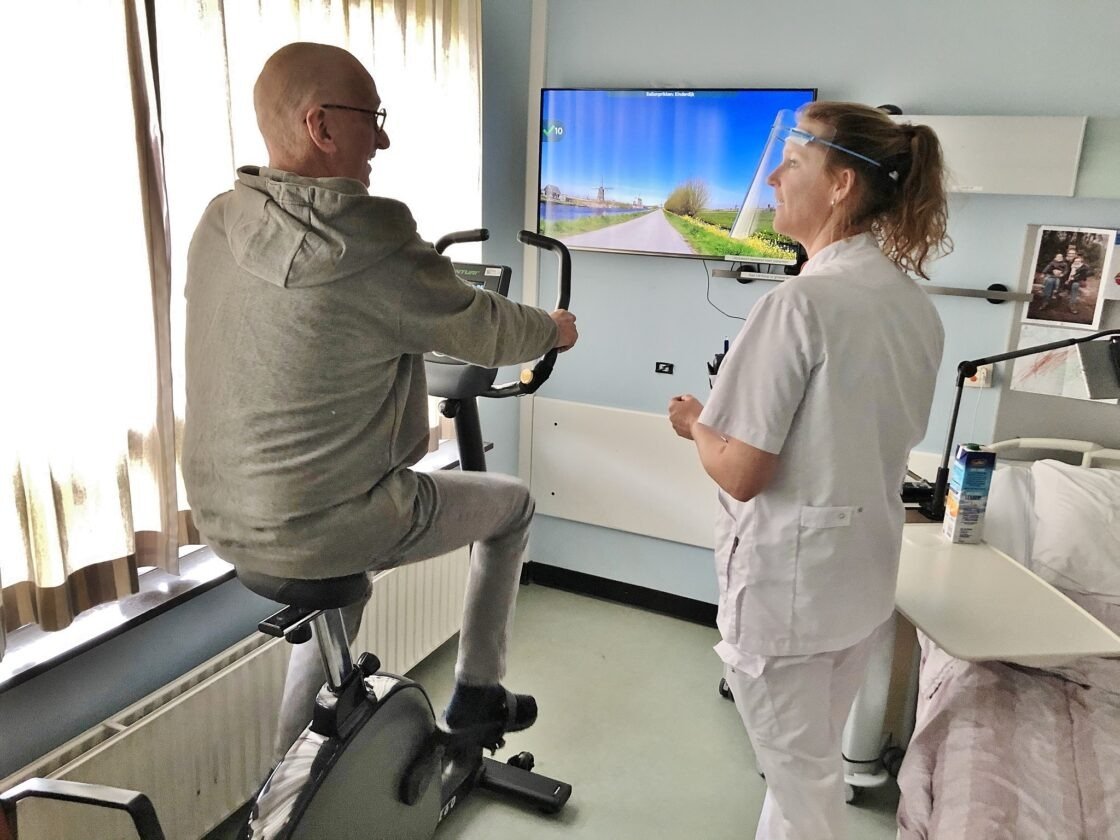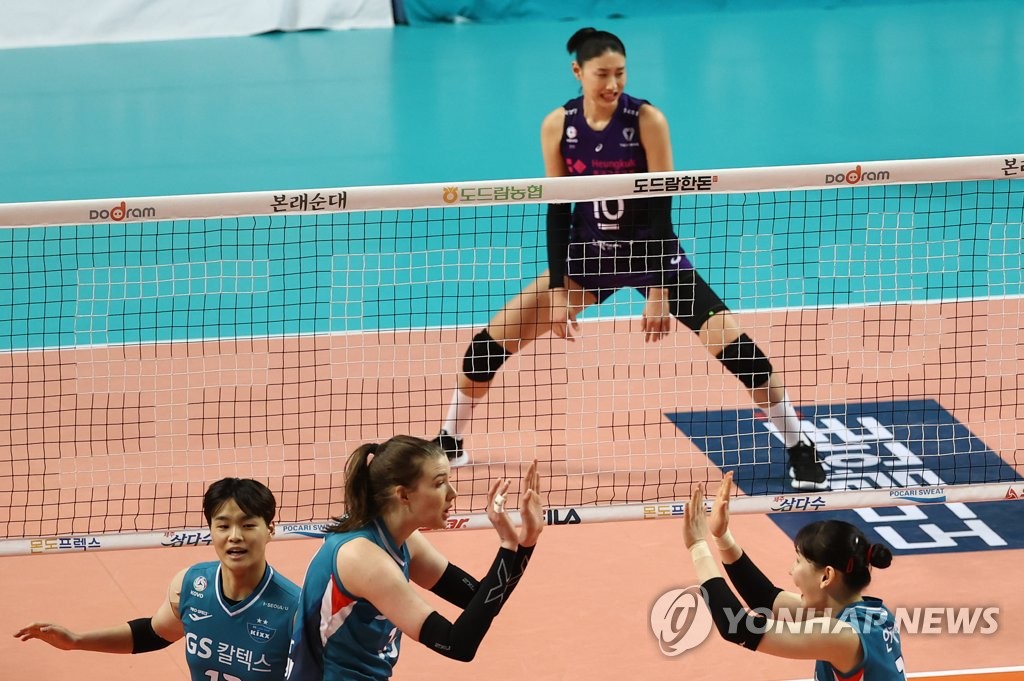DORDRECHT – The Oncology / Hematology nursing unit (B3) of the Albert Schweitzer hospital has become even more patient-friendly thanks to various donations. Five new exercise bikes have been purchased, two of which have the ‘Fietslabyrint’ system. Patients who have to stay in isolation for weeks can actively exercise and find relaxation at the same time. A ‘mobile hospice’ has also been made possible.
Internist haematologist Eva de Jongh explains the importance of exercise bikes: “Patients with acute leukemia or patients who have had a stem cell transplant are not allowed to leave their room for two to six weeks due to the risk of infection. Despite the limited freedom of movement, it is important that they stay active in order to maintain their muscle mass and to stay in shape. This makes the chance of complications from the intensive treatments much smaller. In the limited space of the nursing room, an exercise bike and the bicycle labyrinth provide a solution. ” The Bicycle Labyrinth ensures that the patient can cycle almost lifelike through famous cities or beautiful nature by means of a large screen. This facility already existed on B3, but has been renewed and expanded.
The basis for the required amount was laid by Edwin and Suzanne Willemstein. During Edwin’s long-term hospitalization, they were married in the hospital on May 15, 2020. The money that the bridal couple received from virtual wedding guests was donated for this good cause. At the festive presentation of the check to the department, Edwin said: “I myself know what it’s like to be confined to one room. Cycling is the only exercise you get. ” He died not long after from the effects of his illness. The donation of the Willemsteins was supplemented by the Friends Fund of the Albert Schweitzer hospital and with the proceeds of a running sponsor campaign by Eva de Jongh herself.
A second facility in ward B3 that has been made possible almost simultaneously by donations is a so-called mobile hospice for the palliative unit: the part of the ward where patients stay without a chance of recovery. “There is not much atmosphere or comfort in this unit,” says oncology nurse Gerard Los. “There is often unrest from the hallway, the room is bare and there is little space for loved ones to watch.”
The mobile hospice aims to bring the more intimate atmosphere of a hospice or from home to the hospital room. Los: “The mobile hospice consists of a coupling bed so that the partner can sleep close by, a recliner and a suitcase with a variety of items that can be used to make it comfortable for the patient: including a table lamp, scents, massage oil, puzzle – and poetry books and the possibility for your own music. ” There will be a sign on the door of the room to make it clear that privacy is expected. The entire package can also be used in other wards where a patient dies, hence the name ‘mobile’.
The donation for this innovation came partly from the Roparun Foundation and partly from patient Dorry Tulling and her husband Henk de Waard. When they both turned 60, they did not ask for gifts from their family and friends, but a contribution for cancer care. They wanted to thank the oncology departments and in particular oncologist Jos Kitzen in this way. He treated Dorry for cancer for years. “We were both very aware that turning 60 cannot be taken for granted.” The donors left to Kitzen and the department itself how the amount was used. Kitzen: “I am very happy that patients are now benefiting from this wonderful gesture.”
–
In June 2020, Edwin and Suzanne Willemstein presented their wedding gift to department B3 and to internist-hematologists Eva de Jongh and Peter Westerweel.
–


